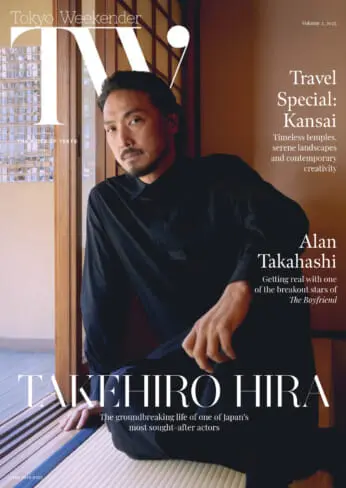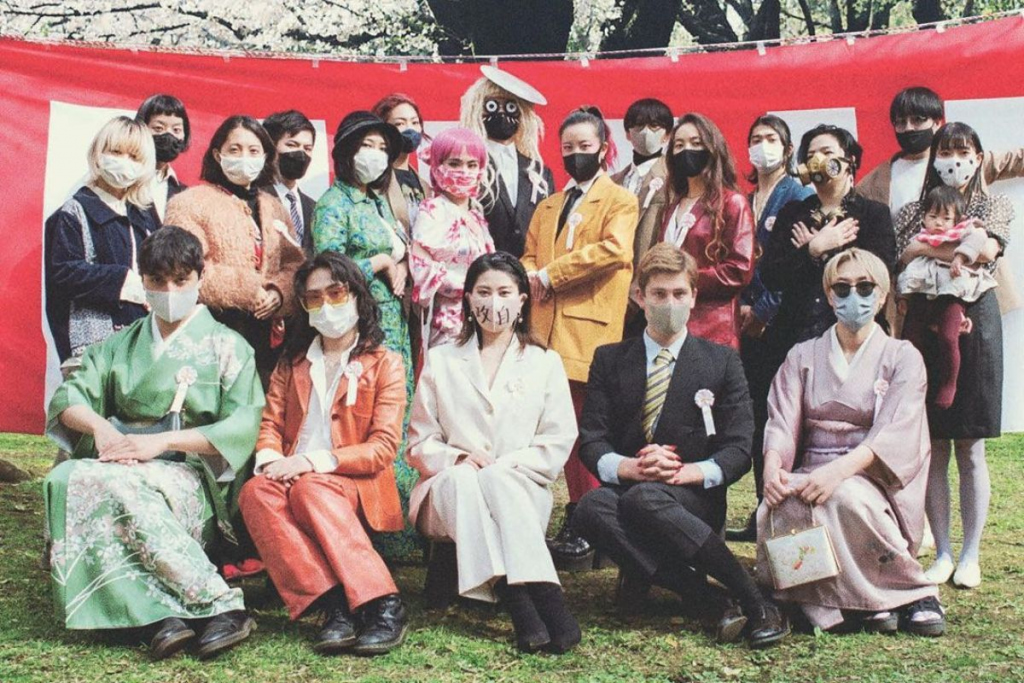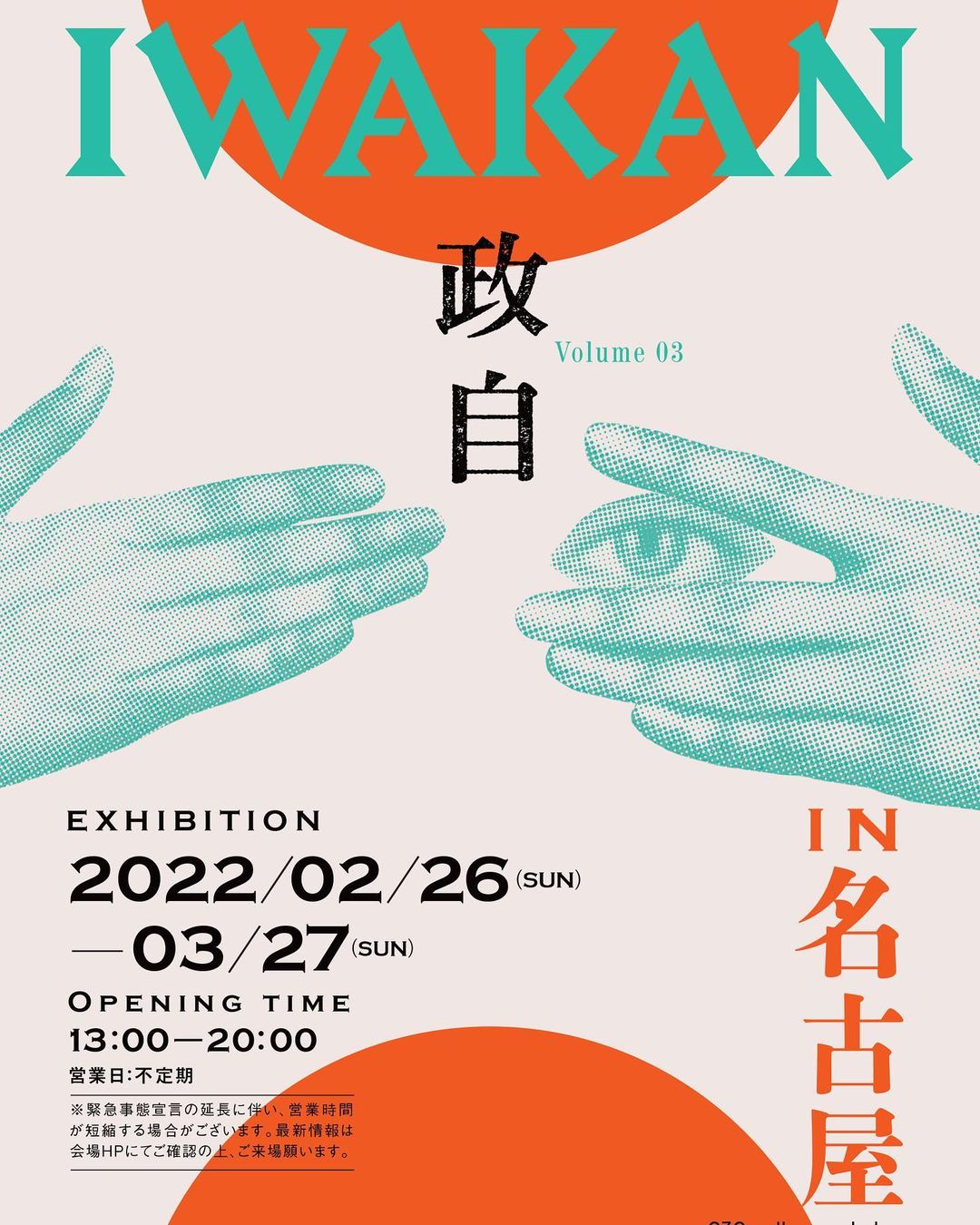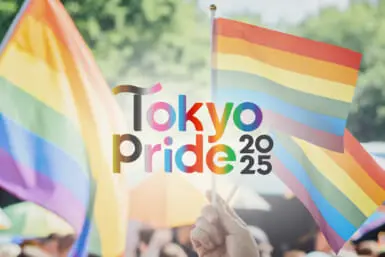In April 2020, Edo Oliver, a creative director at Japanese Creative Studio Reing, was scrolling through Instagram for inspiration for a new project to take on. Oliver stumbled upon Kotetsu Nakazato’s Instagram story about wanting to create a zine in light of the gay publication, Samson, going out of print. Oliver jumped at the opportunity to start the project with friends and bring it to Reing, who would go on to help produce the magazine.
In October that same year, the group consisting of Oliver, Nakazato, Jeremy Benkemoun and Yuri Abo released the first issue of their magazine titled Iwakan. It was a magazine full of questions revolving around the iwakan (sense of discomfort) that people feel when it comes to the issue of gender.
“At first, we thought of it as a queer magazine, but the more we discussed it, we thought it was a very narrow way of thinking about gender. It’s an issue that affects everyone. That’s how we came up with the title of Iwakan, because iwakan is something everyone feels,” Oliver recalls.
Considering it was the team’s first time releasing a magazine together, they played it safe by printing 500 copies. This would be more than enough to give to their collaborators and to sell over the next year or two. But when they opened for pre-orders on Reing’s website, the team couldn’t believe what they were seeing. All the copies sold out in two days.
“We planned to have an exhibition where we would display all the artwork inside the magazine and have the magazine there for sale as well. So, the fact that we didn’t have copies to sell and had to rush to print more was quite funny really. None of us thought it would go that way,” says Benkemoun, photographer and editor of Iwakan.
They hustled to reprint while at the same time getting attention from bigger bookshops like Tsutaya and others that wanted Iwakan on their shelves. They ended up reprinting the first issue three times and still get asked about the possibility of another reprint. Since then, they have produced two more issues covering topics such as love and politics.
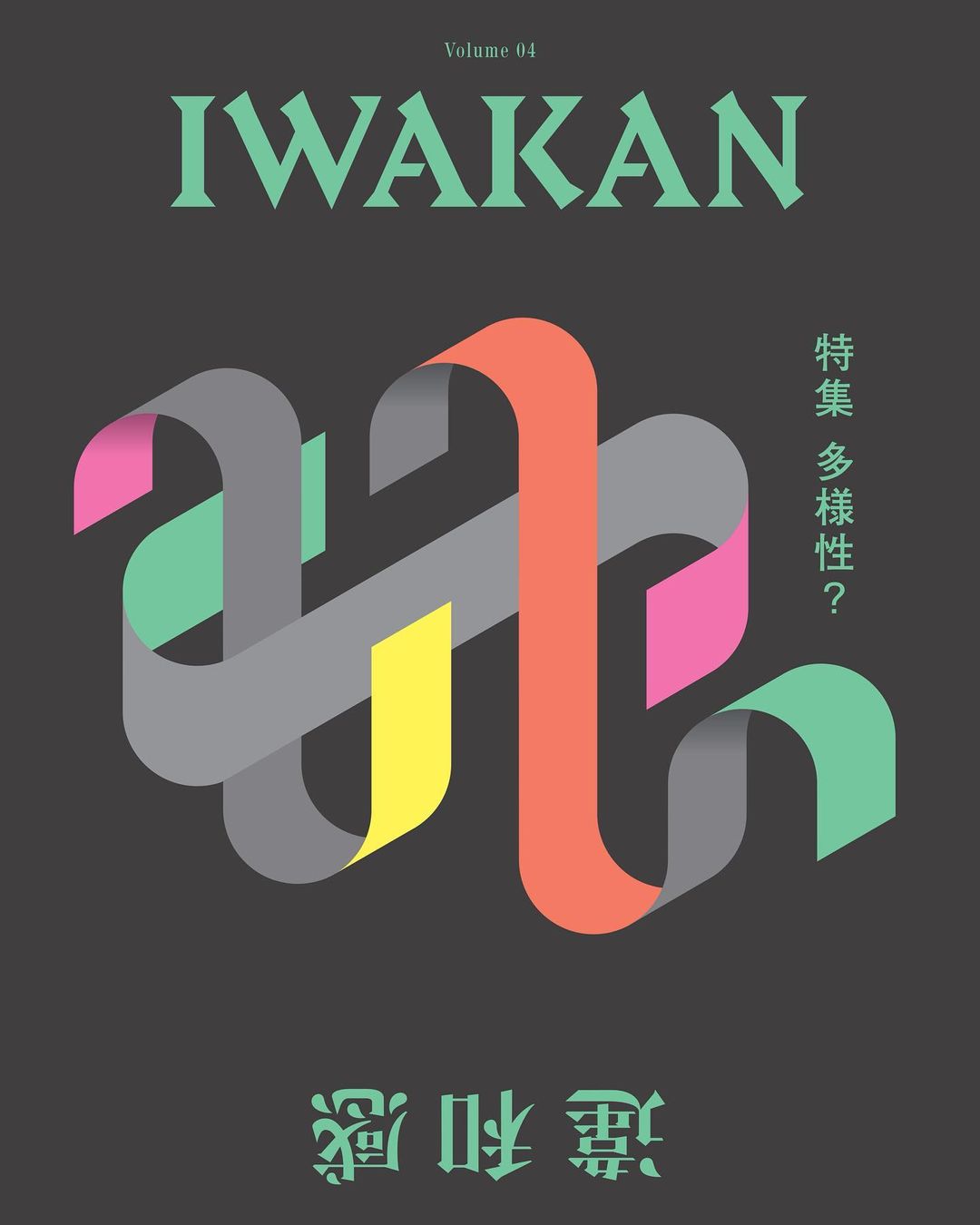
Iwakan, Volume 04
Strengths and Successes
Their steady growth and success can in part be attributed to their diverse editorial team and approach to making the magazine. Iwakan operates as a team of editors rather than having an editor in chief, which allows them to consider each other’s different experiences, interests and perspectives on the topics at hand.
“I think that’s what gives us a lot of strength and well-roundedness. It allows our content to be accessible to different people,” Oliver explains.
Iwakan’s occasional events also help bring people together. “I think one of our strengths is that this project has a communal feeling. We’re not just working to get the magazine released and let that be the end of it. We feel like we’re making something that’s bigger than the magazine itself,” states Benkemoun.
Challenges and Future Goals
The magazine is not without its challenges, however. Both Oliver and Benkemoun mention that as editors, the team feels more eyes on them and more responsibility as Iwakan grows.
Iwakan prides itself on being a medium where they can experiment, try to create new ways of thinking and challenge established mentalities. Working on their fourth issue, released earlier this month, has given them a moment to reflect on their increasing responsibilities.
There may be less room for questions, people may expect them to have the answer to everything, or always have equal representation without making mistakes. Of course, the Iwakan team wants to take all this into account, but at the same time, if there’s no room for mistakes, then it makes it harder to have new conversations, challenging discussions and create new ways of thinking.
“We’ll end up only asking safe questions,” Oliver notes.
Benkemoun adds, “It’s not worth limiting ourselves. If our intentions are good, we will probably be putting out good stuff.”
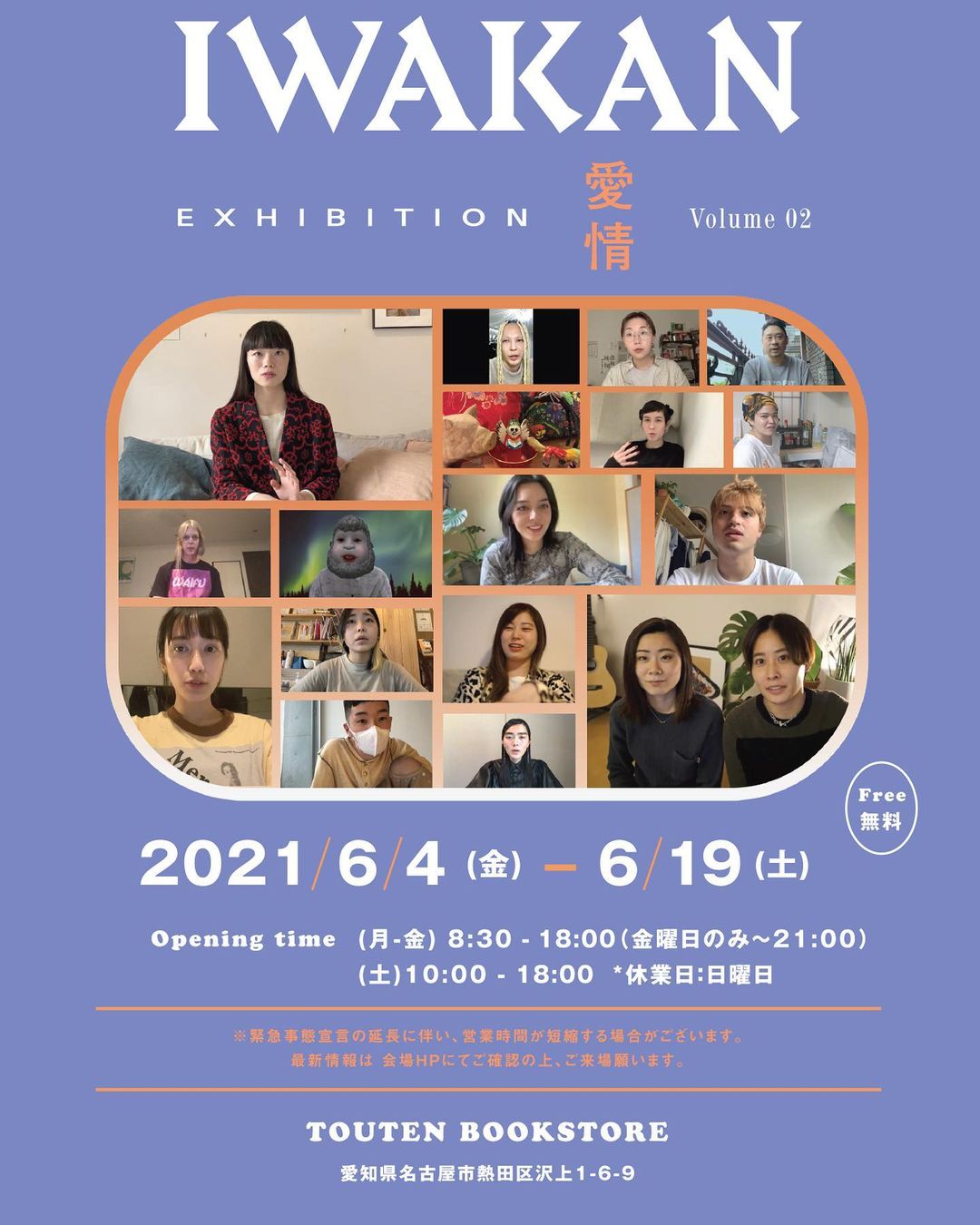
Aside from the magazine content itself, the two editors share the larger goals the team has for Iwakan, such as overcoming the idea that a gender magazine has to be for a niche market. They want to reach more people who might not live in big cities or who might not already be interested in the topic.
Iwakan has a readership and community in Tokyo that’s interested in gender and within that, it can be relatively easy to grow. But how can they get their publication to a typical salaryman, someone in the countryside, or the kid that’s 14 and questioning but doesn’t have ¥1,500 to spend on the magazine?
While the team is working towards this, it’s undeniable that it’s one of their more difficult challenges. One way they hope to increase reach is to look for other ways to make Iwakan more accessible and diffuse their content, besides the magazine.
In whatever way the Iwakan team decides to move forward, they are dedicated to asking new questions, becoming a more accessible medium and pushing the limits of society.
